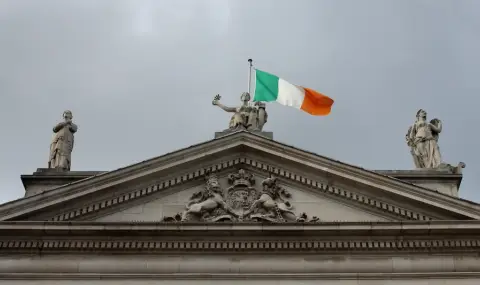Ireland will hold a snap election on Friday 29 November. Prime Minister Simon Harris, leader of the "Fine Gael" party, announced the vote on November 6, reports News.bg.
The decision comes in an attempt to consolidate his party's record 14-year rule. Harris, who has been at the helm of government since April, hopes to retain power through an entrenched coalition with Fianna Fáil. and the Green Party.
The current political situation
Ireland is currently governed by a three-party coalition including the centre-right Fine Gael; and Fianna Fáil, as well as the Green Party. Forecasts suggest that the current combination is likely to continue, albeit with some changes. According to polls, "Fine Gael" has 26% support, "Fianna Fáil" collects 20%, and the main opposition – "Sinn Fein", trailing by 18%.
Reasons for early voting
Simon Harris preferred to call an election before the statutory deadline in March. This decision is motivated by two factors:
- Budget incentives: In October, a budget with bonuses worth 2.2 billion was adopted. euros that reach voters just before the holiday season.
- Weakened opposition: Sinn Féin, which until recently gained popularity, is facing internal scandals, resignations and declining anti-establishment appeal. In addition, new competitors are emerging on the political scene in the form of the anti-immigrant extreme right.
Context and complexity of the electoral system
The Irish political system is characterized by the need for coalitions. Since 1977 so far no party has won an outright majority. This year, even greater complexity is expected due to the increased number of mandates – from 160 to 174 deputies – and constituencies that expand from 39 to 43. Voters can indicate preferences, which further complicates predicting results.
Forecasts and Expectations
Although "Fine Gael" and "Fianna Fáil" are likely to continue their coalition rule, the dynamics in parliament may change due to the new electoral divisions and the larger number of MPs. Ireland is about to make another attempt to balance traditional parties and new political challenges.
